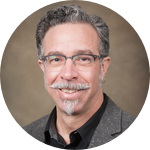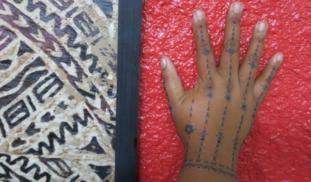283
1
0
Like?
Please wait...
About This Project
Our team studies cultural impacts on health, specifically those of tattooing on the immune system. We expand on our previous study that suggests tattooing may "inoculate" the immune system. Our research takes place among Polynesian tattooists, who retain some of the oldest and most extensive tattooing practices in the world. We will collect saliva samples from over 100 people receiving tattoos at the Northwest Tatau Festival to examine multiple immunological factors.

Browse Other Projects on Experiment
Related Projects
Using community science to evaluate the intersection of social, racial, and economic injustices in North Birmingham, AL
Environmental injustices differentially impact low wealth communities of color, and this pattern of inequity...
How are rural communities on the edge of the largest tropical peat swamp forest in the Congo Basin using peat resources?
Climate change and human interference threaten to degrade the world’s largest tropical peatland. No detailed...
How has modernization affected the population of rural Yuzawa, Niigata, Japan?
JP / EN To our knowledge, no literature exists that examines the experiences of the people of Yuzawa or...

